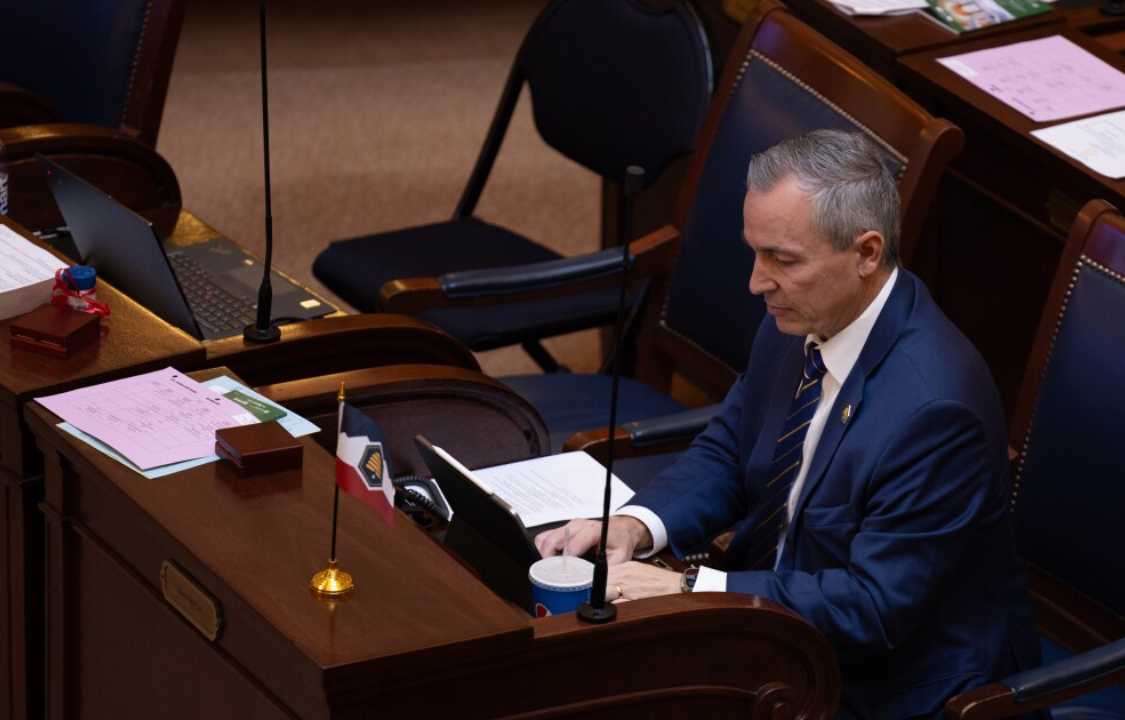
The Utah Senate has amended a bill that initially sought to restrict transgender individuals’ access to restrooms and locker rooms in public facilities.
Sen. Dan McCay, a Republican and the bill’s Senate sponsor, modified the legislation to no longer specify who can use a sex-designated restroom in publicly funded buildings. The bathroom restrictions now apply only to “government-owned and operated” facilities, such as public universities and schools.
A previous version of the bill, backed by Republican Rep. Kera Birkeland and passed by the House, extended restrictions on bathrooms in “publicly funded and publicly owned” facilities, including domestic violence shelters.
McCay said the revised HB257 focuses more on “the behavior of those who engage in sexual and offensive behavior” in a private area. He stated that it “enhances” everyone’s safety and privacy in public changing rooms and restrooms, moving away from gender or identity concerns.
Locker room restrictions remain in place. The bill also prohibits transgender students in K–12 schools from using restrooms that align with their gender identity. Transgender students would need to create a “privacy plan” with administrators to access unisex or staff restrooms if they’re not comfortable with the assigned facilities.
McCay noted, “Our schools now have policies that allow for non-gender-specific restrooms to provide extra protection in those situations.”
Sen. Daniel Thatcher, one of the few Republicans who opposed the bill restricting gender-affirming care for trans youth last year, supported the bill due to these changes. He stated, “Removing the sexual labels associated with facilities and focusing on behavior is a major change. I hope it’s enough to gain community support and send the right message.”
However, the LGBTQ+ advocacy group Equality Utah is not fully supportive of the bill. Marina Lowe, the policy director of Equality Utah, appreciates the relaxed restroom access but has concerns, especially regarding children.
“We still have a prohibition against trans children using the restroom according to their gender identity in our public school system,” she said. “That’s deeply troubling to us.”
The bill includes provisions for retrofitting existing facilities to add more stalls and mandates the construction of more single-occupancy restrooms in new government buildings.
The Senate has not yet passed the revised version. If it does, the bill may return to the House for another vote.



